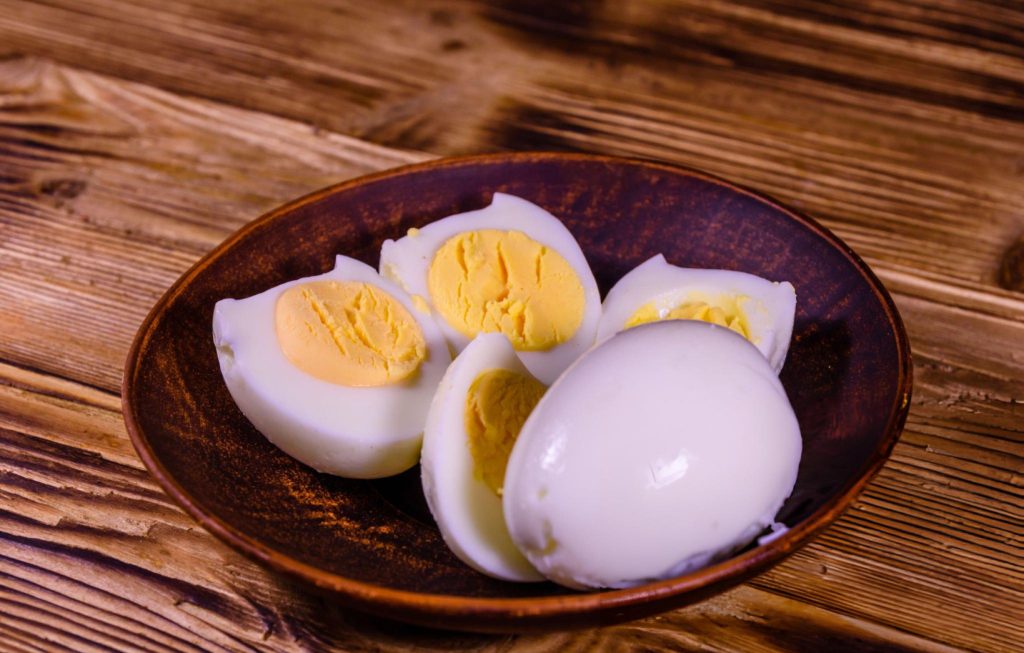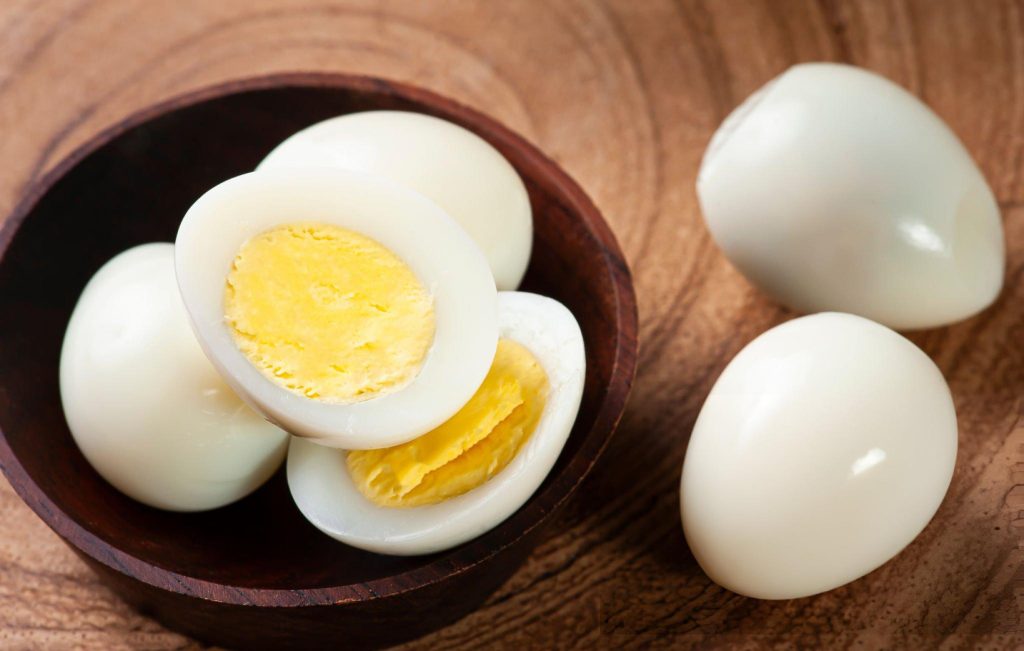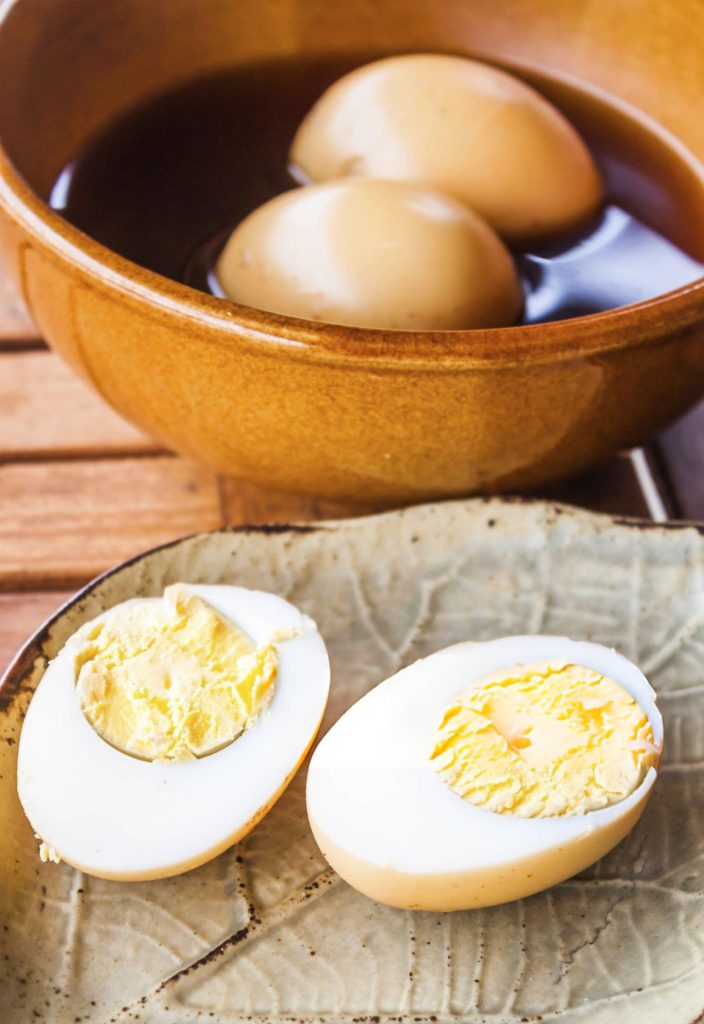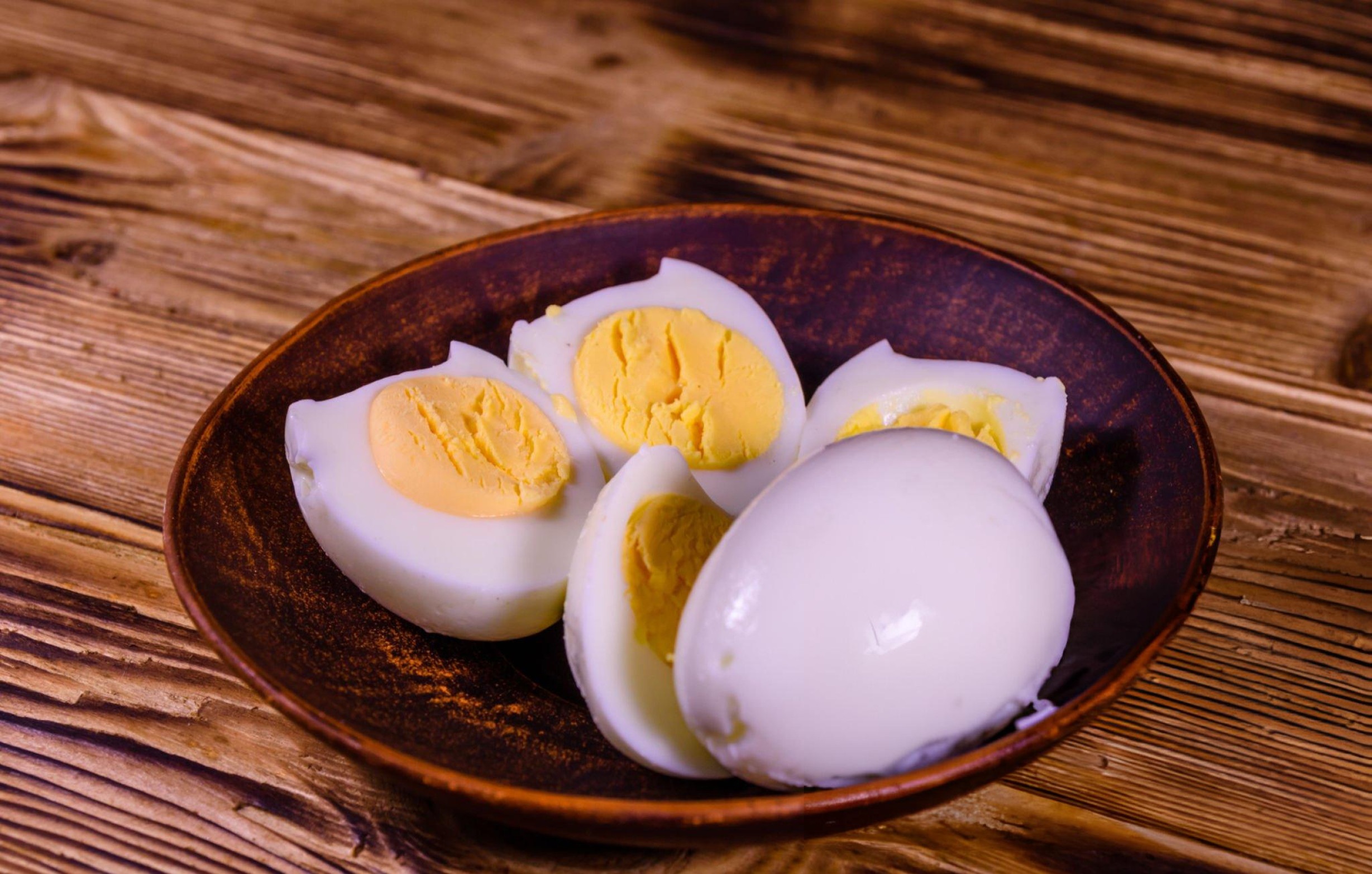Hard-Boiled Eggs Recipe
Hard-boiled eggs are a timeless kitchen staple, celebrated for their simplicity and adaptability. Whether you’re whipping up a quick breakfast, adding protein to a salad, or preparing deviled eggs for a gathering, mastering the art of hard-boiling eggs is essential. The process is straightforward, but achieving the perfect egg—one with a tender white and a yolk cooked to your liking—requires attention to detail. By following a few key steps, you can ensure your eggs turn out perfectly every time.

Ingredients and Tools You’ll Need
For this recipe, you only need one ingredient: large eggs. However, the tools you use can make a significant difference in the outcome. Start with a medium-sized pot, large enough to comfortably fit the eggs in a single layer without overcrowding. You’ll also need a bowl filled with ice water, which is crucial for stopping the cooking process and making the eggs easier to peel.
Step-by-Step Instructions for Perfect Hard-Boiled Eggs
Begin by gently placing the eggs in your medium-sized pot, ensuring they sit in a single layer. Cover the eggs with cold water, making sure the water level is about an inch above the eggs. This helps the eggs cook evenly. Bring the water to a rolling boil over medium-high heat. As soon as the water reaches a boil, cover the pot and remove it from the heat. The residual heat will cook the eggs to perfection without overcooking them. Allow the eggs to sit in the covered pot for 9 to 12 minutes, depending on whether you prefer a softer or firmer yolk.
Once the time is up, carefully transfer the eggs to a bowl of ice water. The cold water stops the cooking process immediately, preventing the eggs from becoming overcooked. Let the eggs cool in the ice water for about 14 minutes. This step not only cools the eggs quickly but also makes them much easier to peel. After they’ve chilled, peel the eggs and enjoy their perfect texture and taste.
Recipe Tips for Flawless Hard-Boiled Eggs
- Choose the freshest eggs you can find, but if you struggle with peeling, slightly older eggs are often easier to work with.
- Adjust the cooking time based on your preference: 9 minutes for a slightly soft center, 12 minutes for a fully set yolk.
- Prevent cracks in the eggshells by bringing the water to a gentle boil and avoiding rapid temperature changes.

What to Serve with Hard-Boiled Eggs
Hard-boiled eggs are incredibly versatile, making them an excellent addition to a variety of meals. Serve them sliced over a bed of greens with a drizzle of vinaigrette for a protein-packed salad. Pair them with avocado toast for a satisfying breakfast or brunch. They also make a great snack on their own, sprinkled with a pinch of salt and pepper. For a more indulgent option, consider deviled eggs, where the yolks are mixed with mayonnaise, mustard, and spices, then piped back into the whites.
Storage and Meal Prep Ideas
Hard-boiled eggs are perfect for meal prep, as they can be stored in the refrigerator for up to a week. To maintain their freshness, keep them in a covered container. If you plan to use them throughout the week, leave them unpeeled until you’re ready to eat them. This helps preserve their texture and flavor. Hard-boiled eggs are also great for quick and easy meals—simply grab one from the fridge, peel, and enjoy.
Frequently Asked Questions
- How can I tell if an egg is hard-boiled or raw? Spin the egg on a flat surface. A hard-boiled egg will spin smoothly, while a raw egg will wobble due to the liquid inside.
- What should I do if the eggs are difficult to peel? Start peeling from the wider end, where there’s often a small air pocket. Peeling under running water can also help the shell come off more easily.
- Can I use the same method for soft-boiled eggs? Yes, but reduce the cooking time to about 6 minutes for a runny yolk and 8 minutes for a slightly firmer center.
Creating the perfect hard-boiled egg is a simple process that rewards you with a versatile ingredient for countless dishes. With just a few steps, you can enjoy eggs with a smooth, tender white and a yolk cooked to your liking. Whether you’re adding them to a meal or enjoying them as a snack, these eggs are a reliable and delicious option. Experiment with cooking times and serving suggestions to discover your favorite way to enjoy hard-boiled eggs.

Ingredients
- 6 Large eggs
Instructions
Arrange the eggs in a medium-sized pot, ensuring they are covered with cold water by about an inch. Set the pot on the stove and bring the water to a rolling boil. Once boiling, promptly cover the pot and remove it from the heat. Allow the eggs to cook in the residual heat for 9 to 12 minutes, depending on how firm you prefer the yolk. After cooking, immediately transfer the eggs to a bowl filled with ice water. Let them cool for approximately 14 minutes; this will significantly ease the peeling process. Once cooled, peel the eggs and enjoy.

Hard-Boiled Eggs Recipe
Ingredients
- 6 Large eggs
Instructions
- Arrange the eggs in a medium-sized pot, ensuring they are covered with cold water by about an inch. Set the pot on the stove and bring the water to a rolling boil. Once boiling, promptly cover the pot and remove it from the heat. Allow the eggs to cook in the residual heat for 9 to 12 minutes, depending on how firm you prefer the yolk. After cooking, immediately transfer the eggs to a bowl filled with ice water. Let them cool for approximately 14 minutes; this will significantly ease the peeling process. Once cooled, peel the eggs and enjoy.

